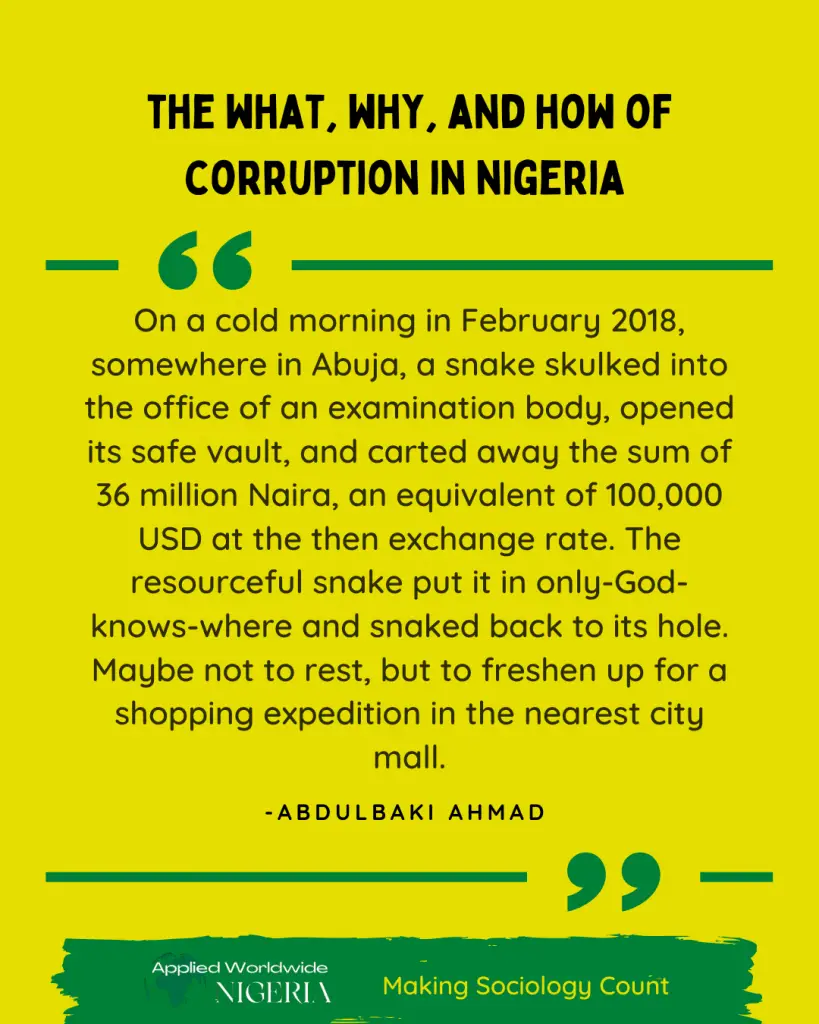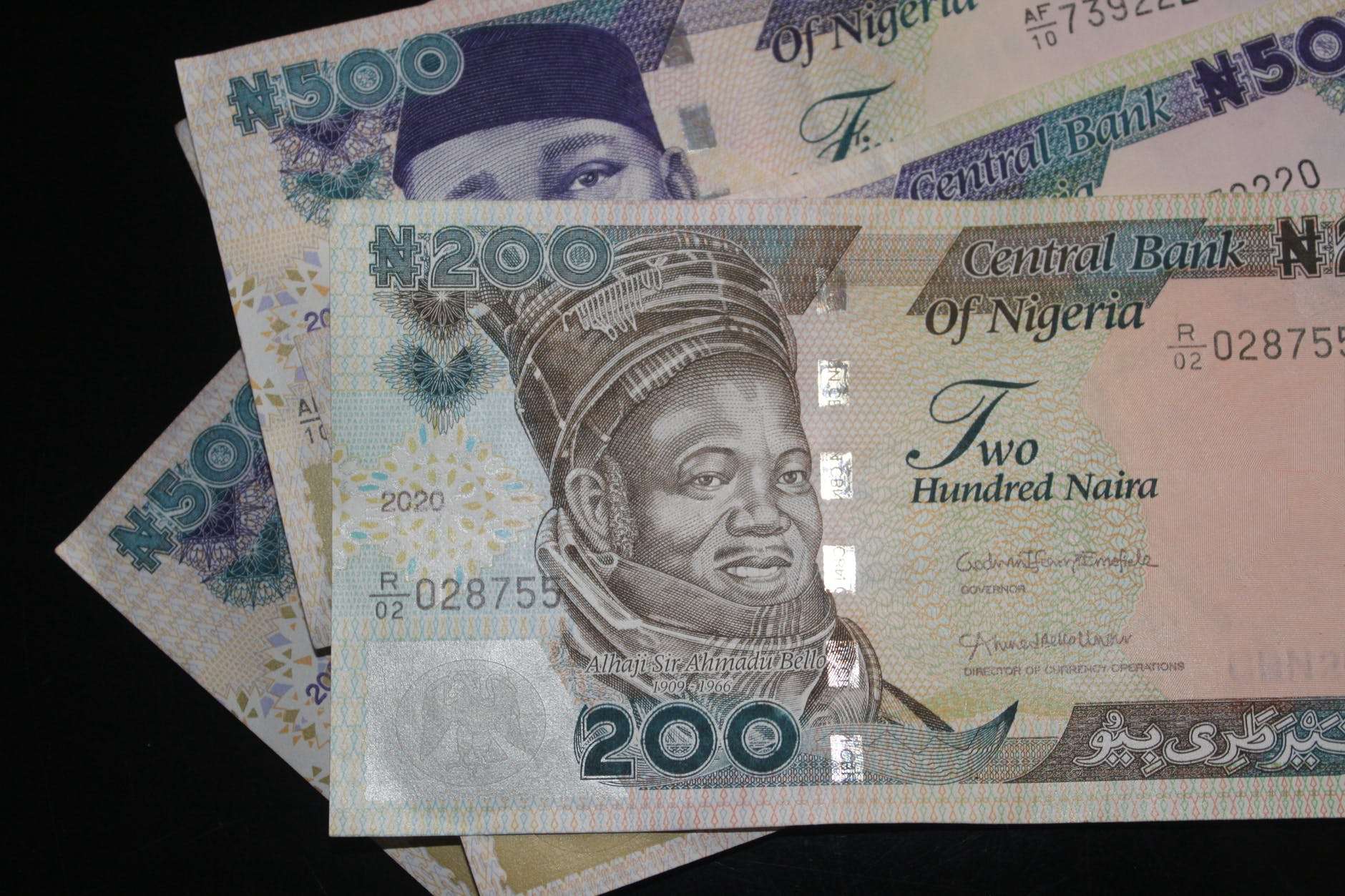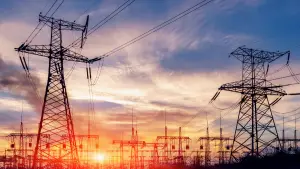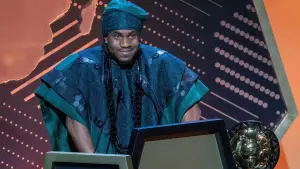On a cold morning in February 2018, somewhere in Abuja, a snake skulked into the office of an examination body, opened its safe vault, and carted away the sum of 36 million Naira, an equivalent of 100,000 USD at the then exchange rate. The resourceful snake put it in only-God-knows-where and snaked back to its hole. Maybe not to rest, but to freshen up for a shopping expedition in the nearest city mall. In a similar scenario, a gang of monkeys also burst into a farmhouse of a lawmaker with the same purpose as that of the aforesaid mysterious snake: to cart away millions of naira. Seventy (70) million to be specific, meant for elected representatives of a particular part of the country. And they did, successfully making away with the money, leaving Nigerians with the burden to imagine the why and, perhaps most importantly, the how. Is this a form of corruption in Nigeria? Or we just happen to have resourceful snakes.
Corruption in Nigeria
These two scenarios hanging between fiction and reality portray two examples of a problem that defies easy solutions in Nigeria: corruption. Defined according to the United Nations Global Programme Against Corruption (GPAC) as the “abuse of power for private gain,” corruption remains the biggest bane of Nigeria’s growth and development. Despite many efforts (including the insincere ones) of private citizens and the government, the scourge has remained a shackle tethering the country to the pole of developmental immobility. Both of these scenarios depict two unfortunate realities: either the scourge has reached a stage where (even) Nigerian animals are getting to know how to steal and launder money or the level of corruption has armed us with the sheer effrontery to raise ‘impossible’ as not only the ultimate ‘possible’, but the rational and, well, normal scheme of things.

SETTING THE BACKGROUND: UNDERSTANDING THE DEPTH OF THE INFESTATION
From Nigeria’s independence in 1960 to 2019, the country was estimated to have lost about 600 Billion USD to corrupt practices. That is the equivalent of over 249 Trillion NGN (March 2022 exchange rates). Nuhu Ribadu, the former EFCC boss said that this amount is “six times the total value of resources committed to rebuilding Western Europe after the Second World War” (Ademola, 2011, p. 312 cited in Ijewereme, Ogbewere’a Anatomy of Corruption in the Nigerian Public Sector, 2015). More so, according to the observation of the Human and Environmental Development Agenda (HEDA), the amount “is enough to build a new country from scratch and turn around the social, industrial and economic infrastructure to meet global standards.” Imagine what this could have done in reshaping the lives of Nigerians!
Further, in the Global Corruption Perceptions Index 2021 ranking released by Transparency International, Nigeria was ranked 154 out of 180 countries putting it among those in the lowest barrel of accountability and transparency. In fact, 75% of Nigeria’s budget ends up in the pockets of some few kleptomaniacs, not where it has been earmarked for, according to the Chartered Institute of Forensic and Investigative Professionals of Nigeria (CIFIPN) press briefing this March 21, 2022. More so, in a report published by PWC titled Impact of Corruption on Nigeria’s Economy, it was estimated that Nigeria’s GDP could have been USD 113 Billion higher than what it was in the year if it had reduced corruption to Ghana’s levels. By 2030, the figure was estimated to be around USD 327 billion higher. That is just Ghana, a country that is not ultimately clean to the bowels, too.
Effects of Corruption
Corruption affects everyone. Its effect is like a twelve-o-clock summer sun that shines on everybody’s house. It is the breeding ground of almost every problem Nigeria faces today. Funds that are supposed to be used for addressing these scourges end up pocketed by some kleptomaniacs for their sole personal gain thereby undermining democracy and human rights by weakening governments and discouraging foreign direct investment (FDI). The mediocre leadership, abject poverty, unemployment, high rate of illiteracy and innumeracy within the populace, spiking rate of insecurity, election rigging, dilapidated infrastructure, the radicalization of youth by terrorist groups such as Boko Haram, the low living standard, the bad roads and the epileptic power supply of Nigeria all find their root in the corruption scourge.
Corruption, to use engineering terms, can be said to be the ‘oscillator’ of Nigeria’s problems. It is the driver of almost every problem as the oscillator is the driver of (almost) every electronic instrument that exists in the world. Any problem whose cause, effect, or solution deals with money has its roots in corruption—that virtually includes almost every problem. To use Paul Horowitz’s analogy, a problem that does not have corruption as a driver is either not a problem or is a problem driven by another problem (which probably is driven by corruption.) It is not an exaggeration to suggest that even the recurring failure of Nigeria to curtail corruption despite many efforts by both private and public stakeholders is no accident, but a testament to the depth of the corruption scourge.
THE CHALLENGE: ANAESTHETIZATION OF THE SCOURGE.
“People’s indifference is the best breeding ground for corruption to grow” — Delia Ferreira, chair of Transparency International
To anesthetize, according to Oxford Languages, means “to administer an anesthetic to (a person or animal), especially so as to induce a loss of consciousness.” An alternative definition by the same source is to “deprive [someone] of feeling or awareness.” Rings a bell? Corruption is becoming so normalized, so anesthetized that it is no longer seen as what it is; that Nigerians no longer feel its pain. To give out a bribe in Nigeria is a business of the daylight; to ask for it is one of the tenets of being civilized; to appoint someone based on a nepotistic and cronyistic basis is fulfilling the call of God; to embezzle public funds is a factor that determines whether one has mastered the political game or not; to secure a public procurement “through the window” is itself an achievement: doing something which one’s opponent might not be capable of doing. Corruption is rapidly shifting from what one does by one’s “will and choice” to something one “must” engage in to survive; a do-or-die affair. More dangerous, however, is the belief that Nigeria has gone past the point of salvation.
Many Nigerians have even come to simply, but dangerously, take comfort in a mantra they repeat to themselves: that this country is not meant to work, and even if it will work, not in our lifetime. This hopelessness, though not completely unfounded, is riddled with dangerous assumptions: (a) nothing can be done, and hence Nigerians must all give up the fight, even those trying, (b) those doing should continue and even the ‘saints’ should join. After all, what is the purpose of ending your life fighting a monster you cannot win. Creating a mindset that tackles these assumptions is the foundational block towards ramping up the scourge. There is no way of succeeding otherwise, at least I have not seen it.
To be continued.






